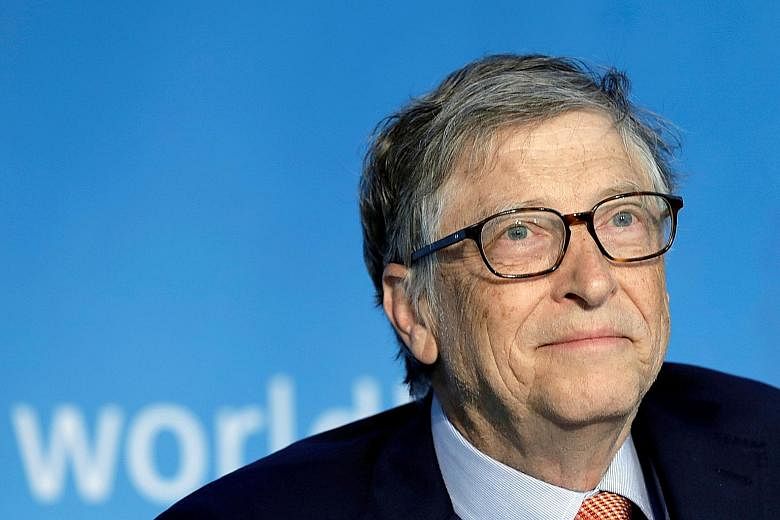As the pandemic began to spread rapidly in the early part of the year, so did misinformation.
Such was its tempo that it kept fact checkers on their toes, according to a report by leading fact-checking organisation First Draft that examined fact-checking efforts between January and June.
Prominent figures, such as infectious diseases expert Anthony Fauci and philanthropist Bill Gates, became targets of misinformation online. Claims that well-known people like United States President Donald Trump had contracted Covid-19 gained traction.
The coronavirus crisis, of an unprecedented scale, remains a major challenge to the fact-checking industry and the job is far from done, First Draft cautioned.
New challenges will emerge with the second wave of coronavirus infections and the roll-out of vaccines, and new strands of misinformation will require a robust response, said First Draft in a report published by leading journalism website Nieman Lab, a part of the Nieman Foundation at Harvard University.
"This is a moment to look back in order to prepare for what's ahead," it said.
First Draft's report is the latest in a series of similar studies drawing attention to the issue of inaccurate information that has been surging during the months of Covid-19, often in tandem with the number of cases.
The United Nations and the World Health Organisation issued a joint statement at the UN General Assembly last month drawing attention to the "infodemic" and urging policymakers, governments and others to step up measures to counter its spread.
The American Journal Of Tropical Medicine And Hygiene, in a recent report, said that rumours, conspiracy theories and misinformation abounded in India, the US, China, Spain, Indonesia, and Brazil - countries that had severe outbreaks of Covid-19.
It noted with concern the dangers of the issue, pointing out, for instance, that misinformation relating to the consumption of highly concentrated alcohol as a way to kill the virus had resulted in deaths, thousands of people getting hospitalised and some 60 people going blind.
First Draft said: "The output of fact-checking organisations rose rapidly at the end of January as news of the outbreak in Wuhan began to emerge and the prospect of it spreading globally grew."
It added: "Organisations further ramped up their coverage as we headed into March, as cases began rising around the world and governments began taking action to stop the virus' spread."
First Draft analysed 9,722 fact checks and found that social media was awash with speculation about the origins of the virus in February.
There were several conspiracy theories too, such as baseless claims that the virus was created in a lab as part of a bioweapons programme.
The months of February, as well as March, saw a "torrent of false claims about home remedies, self-diagnostics, effects, and signs of the disease", said First Draft.
Misinformation about false cures and treatments spread quickly, as did concerns about food shortages, exacerbated by old pictures of empty supermarket shelves that led to panic buying.
In March, false claims and baseless accusations that certain communities were spreading the virus, whether intentionally or not, circulated widely, said First Draft.
There was also a sharp increase in misinformation about public authorities when governments introduced lockdowns and social distancing measures.
Misinformation spread across borders. In April, there was more debunking of false claims about community spread of the disease and its impact than any other category.
As public figures like Dr Fauci and Mr Gates became targets of misinformation, there were articles claiming that they were profiting from the pandemic or were part of larger conspiracy theories.
Netizens pointed to records of funding for research projects as proof of vested interests, said First Draft.
With several politicians and celebrities catching the virus, fact checkers had to debunk several reports about politicians and other public figures breaking lockdown measures.




